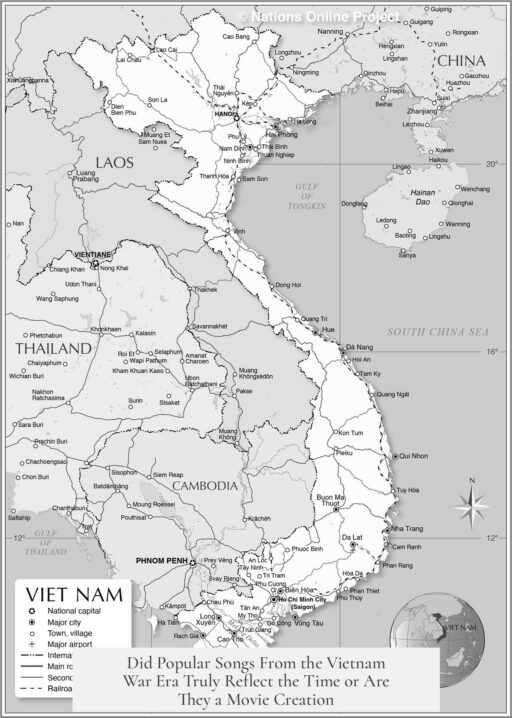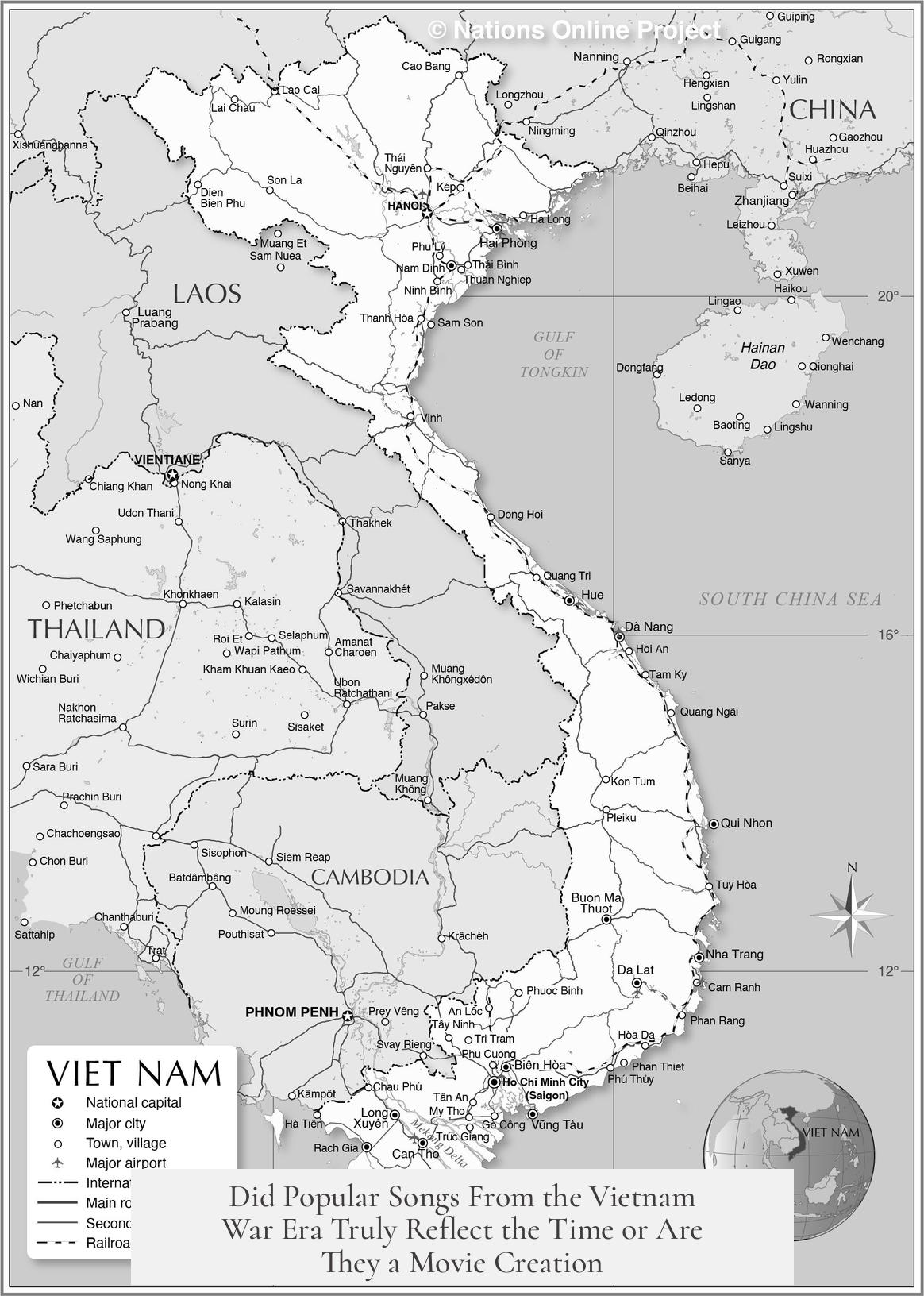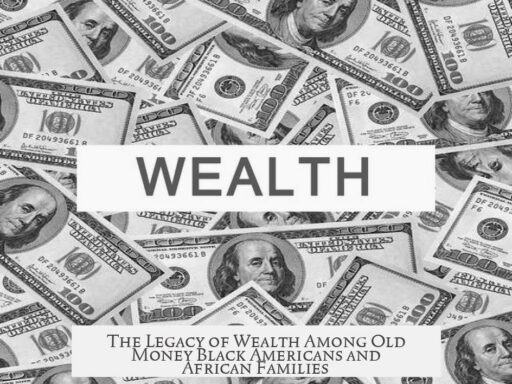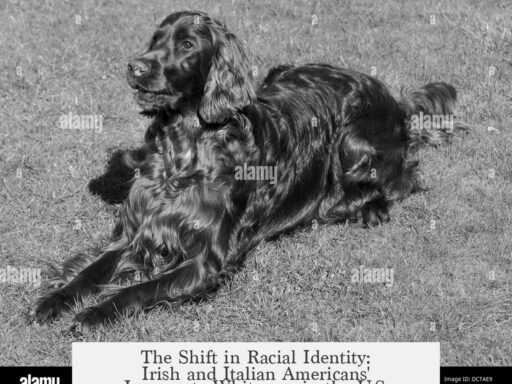Songs like “Fortunate Son” and “All Along the Watchtower” were genuinely popular during the Vietnam War, not just retroactively linked through movies. These tracks prominently featured on Billboard charts and were recognized as part of the era’s cultural soundtrack by both civilians and troops.
“Fortunate Son” by Creedence Clearwater Revival reached #3 on Billboard in 1969. It directly addressed the inequities of the draft system during the Vietnam War. John Fogerty, the songwriter, expressed his frustration over how privileged individuals avoided combat, while others were sent to fight. This song reflected the mood of many Americans, especially the younger generation and students involved in the anti-war movement. The direct connection between the song’s lyrics and the contemporary war establishes it as a true Vietnam War protest anthem.
“All Along the Watchtower,” performed by Jimi Hendrix, charted at #20 in 1968. Hendrix’s version became one of the few singles to break into the top 40 in the US during that period. His album “Electric Ladyland” hit #1 on Billboard, showing his widespread influence. Troops often heard these songs via AFVN (Armed Forces Vietnam Network) radio, which mirrored the Billboard charts, suggesting these songs were part of everyday listening for soldiers as well.
Other songs connected to the era were also significant. For example, “Ohio” by Crosby, Stills, Nash & Young peaked at #14 in 1970. Written in response to the Kent State shootings, it became an anthem for anti-war protestors. Alongside these, albums like CCR’s “Willy and the Poor Boys” reached #3 on the charts, reinforcing the popularity of music addressing social and political issues relevant to Vietnam.
However, some tracks popularly linked to the Vietnam War emerged mainly through cinematic exposure, not through contemporary popularity. Louis Armstrong’s “What A Wonderful World,” associated with movies like “Good Morning, Vietnam,” was not a major hit during the war, charting only at #116 in 1968. Its association grew later, led by film soundtracks rather than its Vietnam-era impact.
Military radio broadcasts partially mirrored popular civilian music. Archives of AFVN playlists from late 1968 and early 1969 show “All Along the Watchtower” and other hits were favorites among troops. Beyond official channels, underground stations, like Radio First Termer in Saigon, played countercultural and protest songs, signaling that some soldiers embraced anti-war sentiments through music. This reveals a layered listening experience within the military community, including counterculture rock and protest songs that challenged official narratives.
The anti-war and counterculture movements of the 1960s gave rise to many protest songs. These reflected widespread social unrest and political awareness among students and many young Americans. Tunes like “Fortunate Son” resonated deeply because they articulated inequalities exposed by the war and draft.
Regarding popular music preferences among African-American troops, evidence is less concrete. Although racial tensions existed within the military and society, certain artists had crossover appeal. However, specifics about songs considered exclusively “their” music remain less documented in the present records.
In recent contexts, “Fortunate Son” remains highly symbolic. For instance, it was played during the June 2025 military parade in Washington, D.C. This event sparked discussions due to its ironic association. John Fogerty criticized the use of the song during Donald Trump’s campaign and the parade, given Trump’s deferments during the Vietnam draft. This shows the song’s enduring cultural relevance and the complexities of its appropriation in modern politics.
- “Fortunate Son” and “All Along the Watchtower” were genuinely popular during the Vietnam War, reflected in chart success and troop playlists.
- Many protest songs mirrored the anti-war sentiment and counterculture of the 1960s and early 1970s.
- Some songs now linked to Vietnam, like “What A Wonderful World,” gained association mostly through movies rather than wartime popularity.
- Official and underground radio broadcasts provided troops access to both mainstream and countercultural music.
- The use of Vietnam-era songs in modern contexts keeps them culturally significant while sometimes introducing irony.



